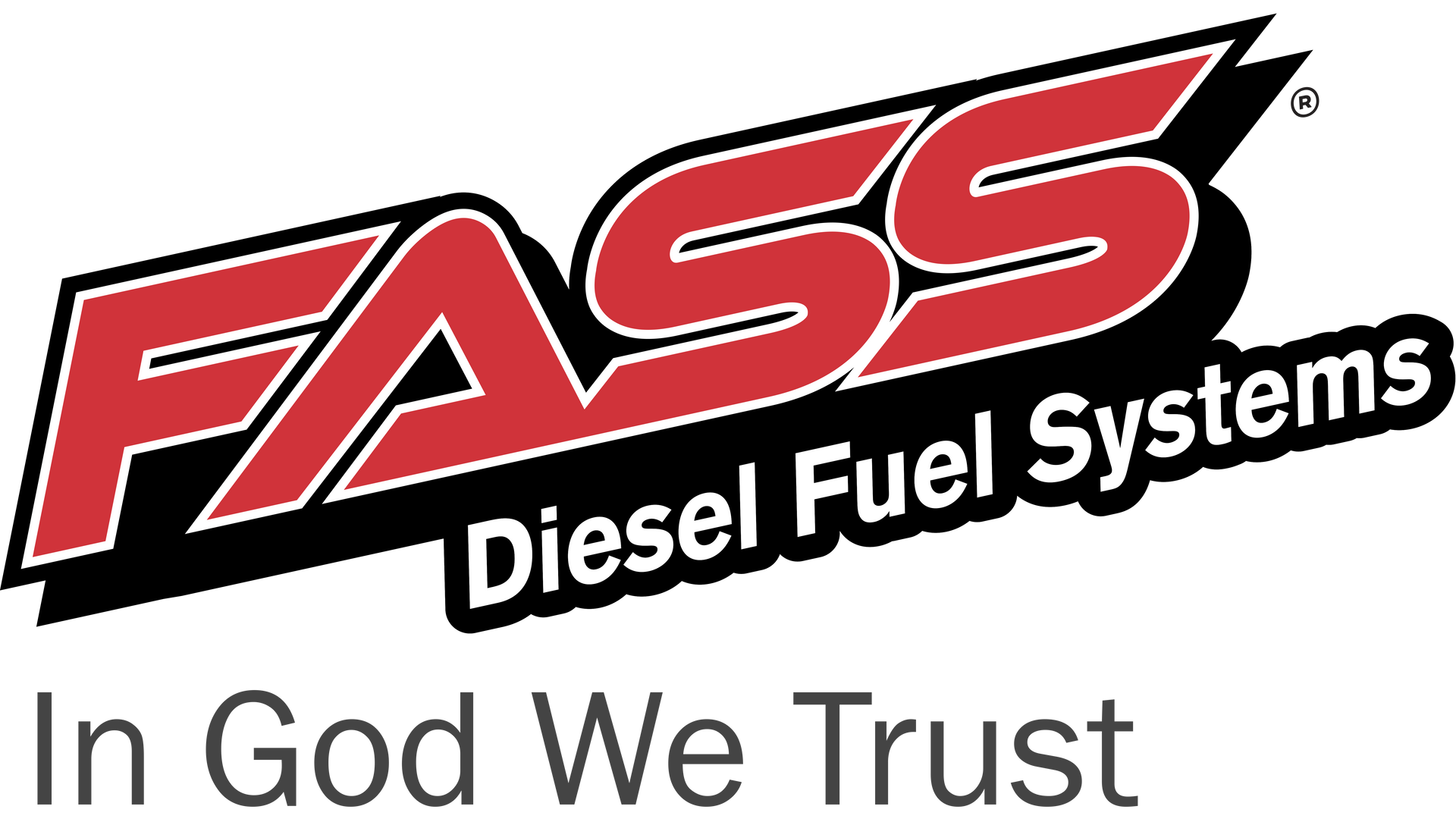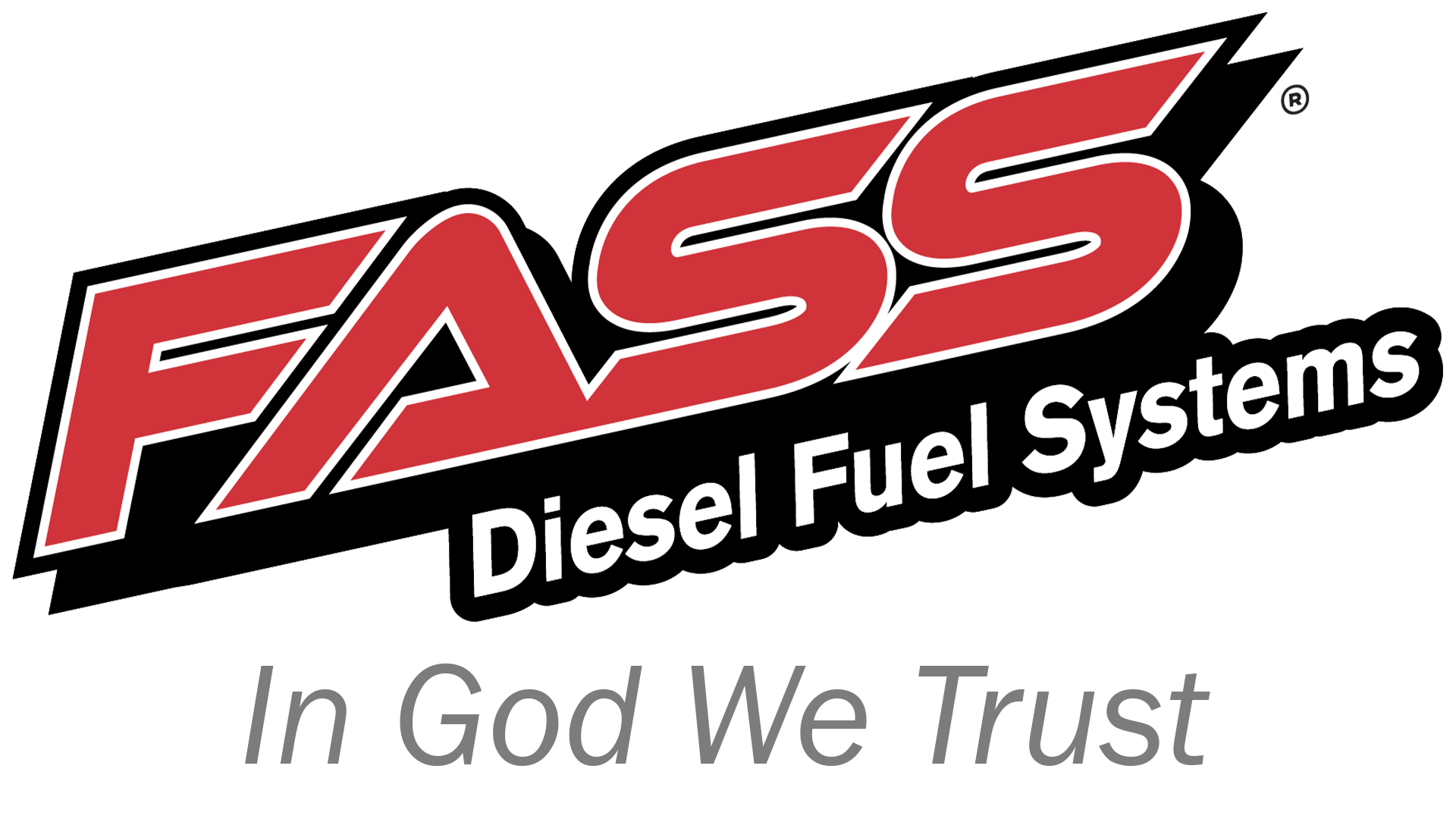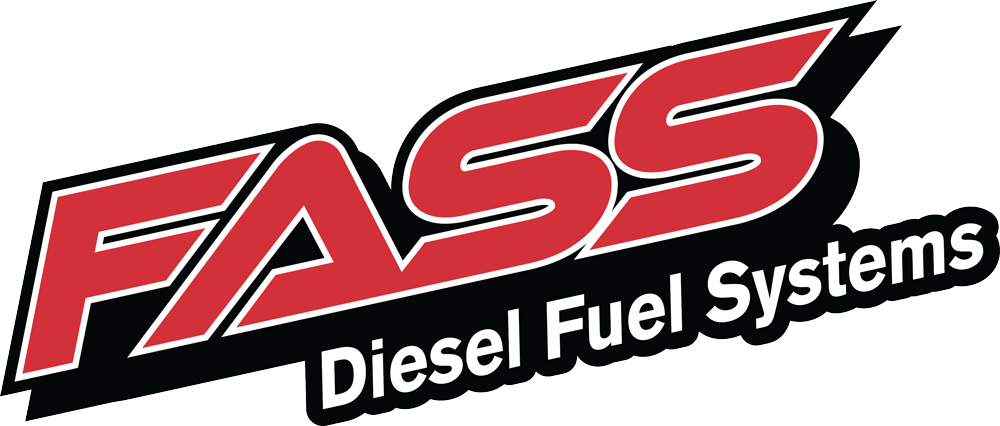Routine filter changes are one of the most important maintenance steps you can take to keep your FASS Diesel Fuel System performing at its best.
Whether you’re running a Titanium Signature Series, Drop-In Series, or Industrial Series system, replacing your filters on schedule ensures clean, pure fuel is delivered to your engine every time you start it.
Why Filter Changes Matter
FASS Diesel Fuel Systems are designed to remove water, air/vapor, and debris down to 2 microns absolute—protecting your injectors and injection pump from harmful contamination. Over time, the filters collect dirt, water, and other impurities, which can restrict flow if not changed regularly.
Changing the filters on time helps:
- Maintain consistent fuel pressure
- Protect expensive injectors and injection pumps
- Prevent hard starts and air intrusion
- Extend the lifespan of your FASS system and fuel system components
For most applications, filters should be changed
every 15,000–30,000 miles, or sooner if you’re running in dirty fuel conditions or experiencing power loss.
What You’ll Need
- FASS replacement fuel filters (fuel and water separator)
- Filter wrench or strap wrench (optional but helpful)
- Clean rags or towels
- Diesel-safe container (to catch any fuel)
- Diesel fuel (for pre-filling filters, optional on some models)
- Safety glasses and gloves
Step 1: Turn Off the Truck and Relieve Pressure
Make sure the engine is off and the key is in the OFF position. Allow the system to sit for a minute to relieve any residual fuel pressure. For added safety, disconnect the negative battery cable before starting the filter change.
Step 2: Remove the Old Filters
Place a container or rags under the filters to catch any dripping fuel. Using your hand or a strap wrench,
unscrew the water separator (the filter with the drain) first, followed by the
fuel filter. Dispose of the old filters properly.
Step 3: Prep the New Filters
For Titanium Signature Series and Industrial systems, it’s recommended to
pre-fill the new filters with clean diesel fuel before installing. This helps reduce priming time and prevents air pockets. Avoid overfilling or letting dirt get inside the filter.
For Drop-In Series systems, follow the product instructions — some applications may require dry installation, letting the system do the priming electronically.
Step 4: Install the New Filters
Lightly coat the new filter gaskets with clean diesel. Thread the filters onto their respective heads until the gasket contacts the base, then tighten another ¾ turn by hand. Do not overtighten.
Install the
water separator first, then the
fuel filter.
Step 5: Prime the FASS System
Proper priming is essential to avoid air in the fuel lines. Depending on your system, the process may vary slightly, but generally follows these steps:
- Turn the ignition key to the ON position without starting the engine.
- Allow the FASS system to run for 30 seconds. You should hear the lift pump cycling.
- Turn the key OFF for 5 seconds.
- Repeat this ON/OFF cycle 3–4 times to purge air from the filters and lines.
- If equipped, you can use the manual priming feature (button or Schrader valve) to assist.
- On some older systems, cracking the fuel filter bleeder slightly during priming can help push out trapped air.
After cycling, check the filters for leaks and tighten if needed.
Step 6: Start the Engine and Inspect
Start the truck and let it idle for a minute. Watch for any leaks around the filter base or fittings. Fuel pressure should stabilize quickly, and the engine should idle smoothly without sputtering or hard starting.
Pro Tips for Best Results
- Always keep a spare set of filters in your truck, especially for long trips.
- If your truck sits for extended periods, change filters before the season starts.
- Write the date and mileage on the filter canister for easy tracking.
- Use only genuine FASS filters for correct fitment and filtration performance.
Keep Your System Running Strong
Regular filter changes and proper priming are the simplest ways to protect your FASS Diesel Fuel System and your engine’s injection components. With clean, air-free fuel, your truck will perform more consistently, last longer, and stay ready for whatever work or play you throw at it.






